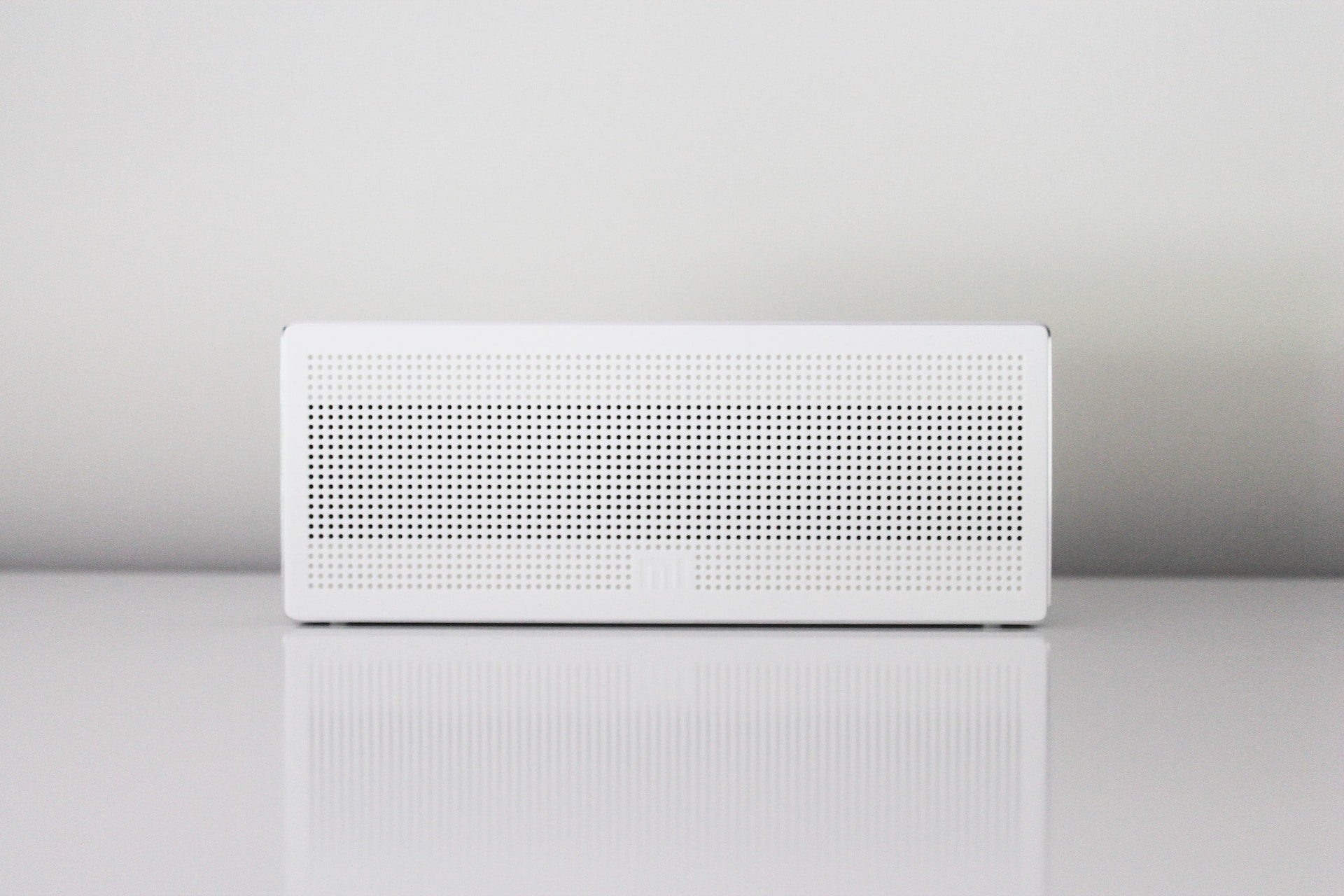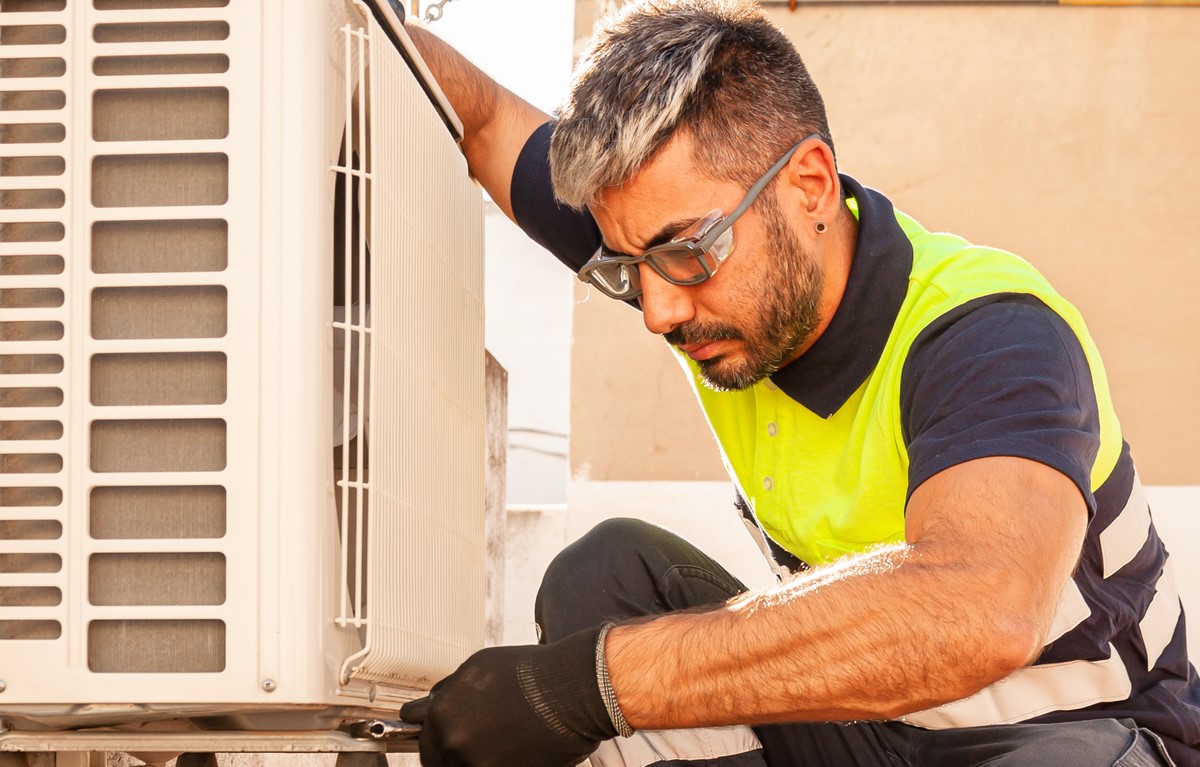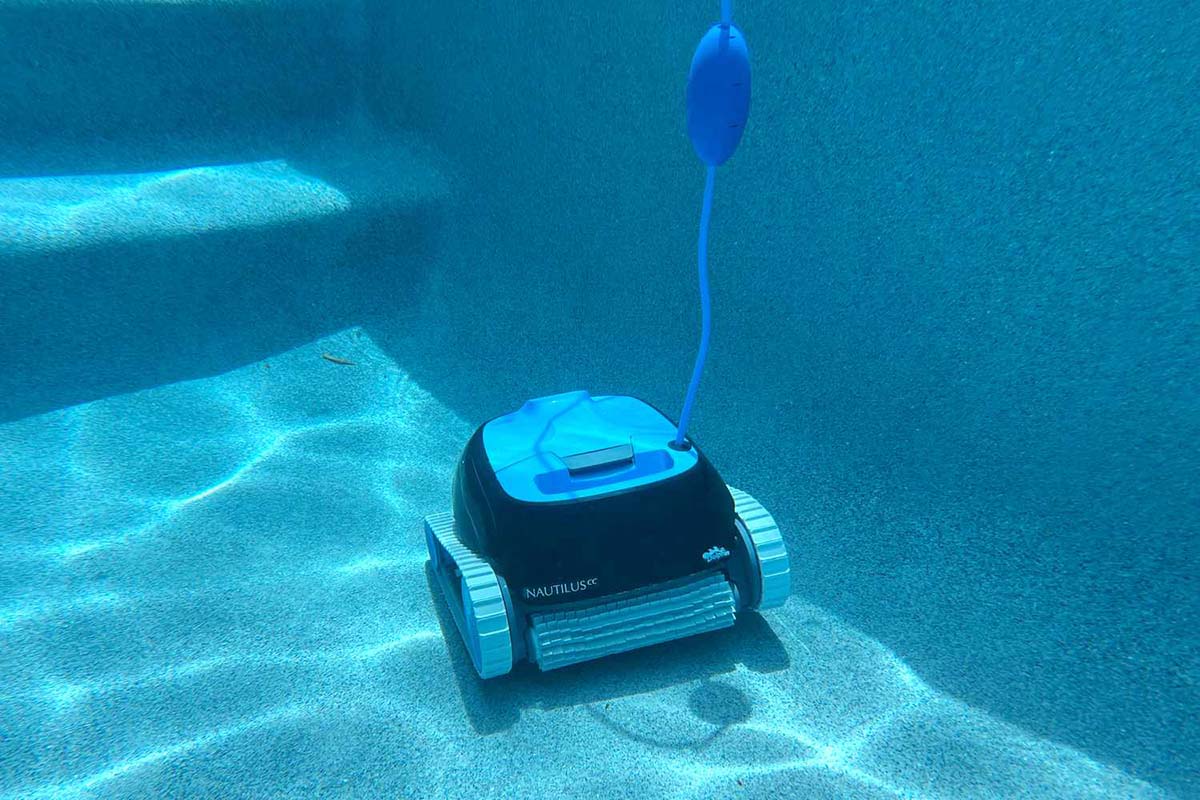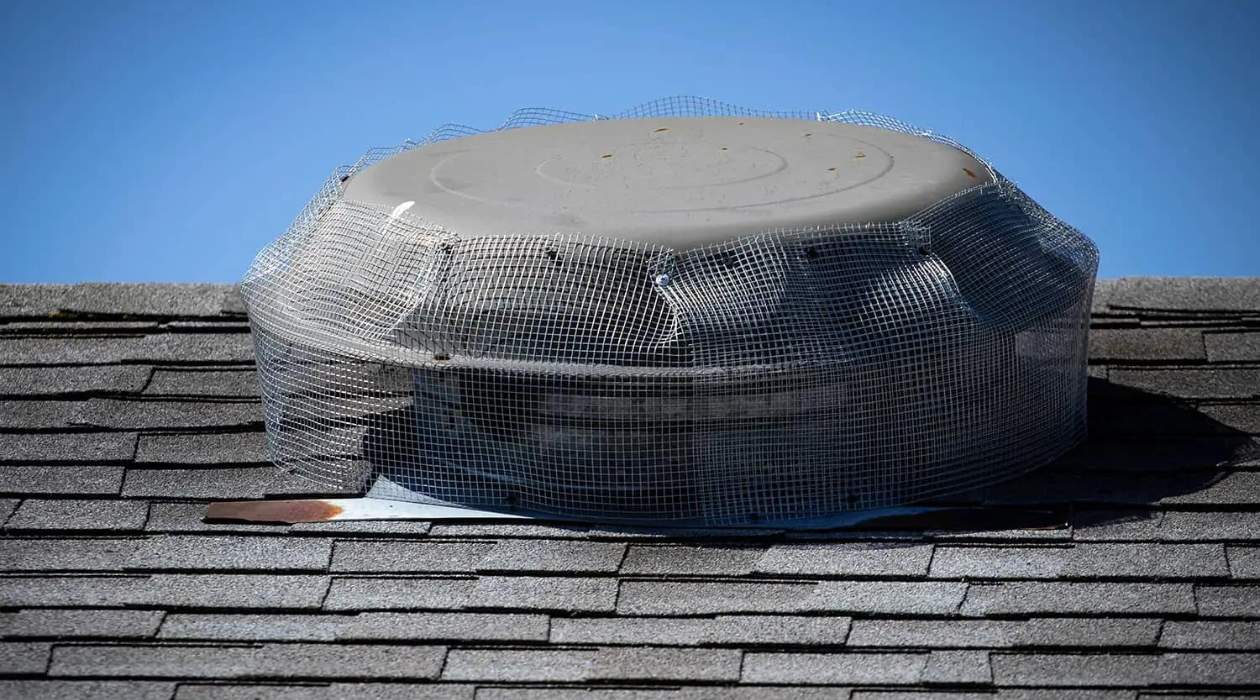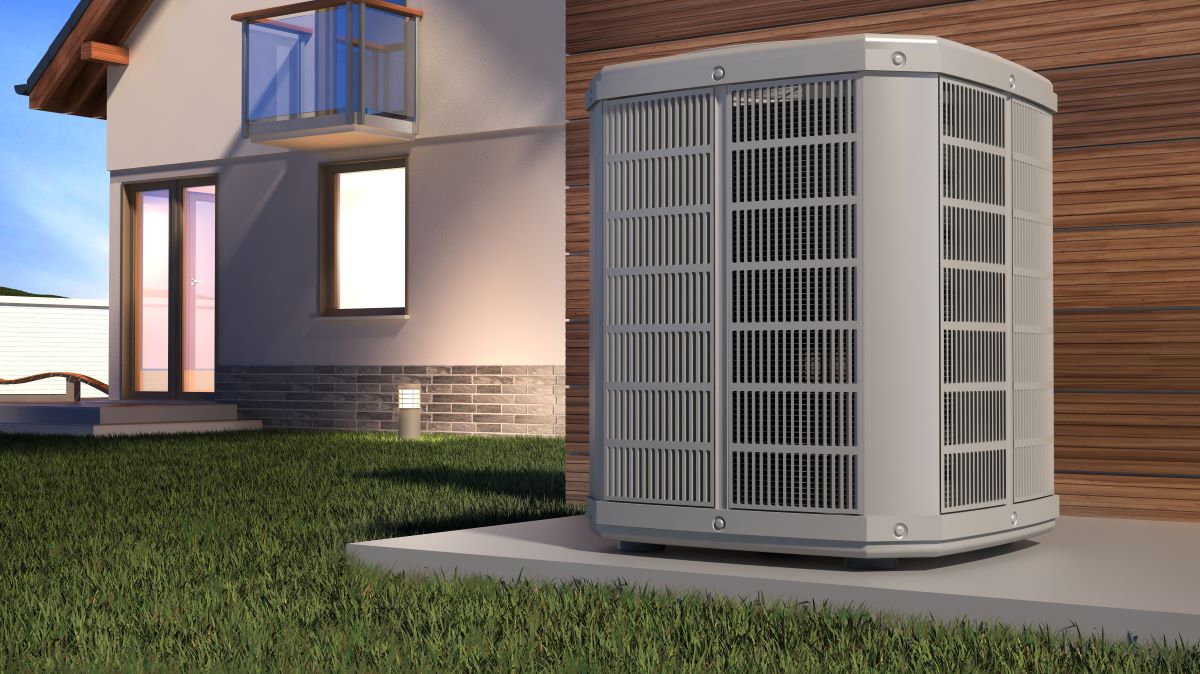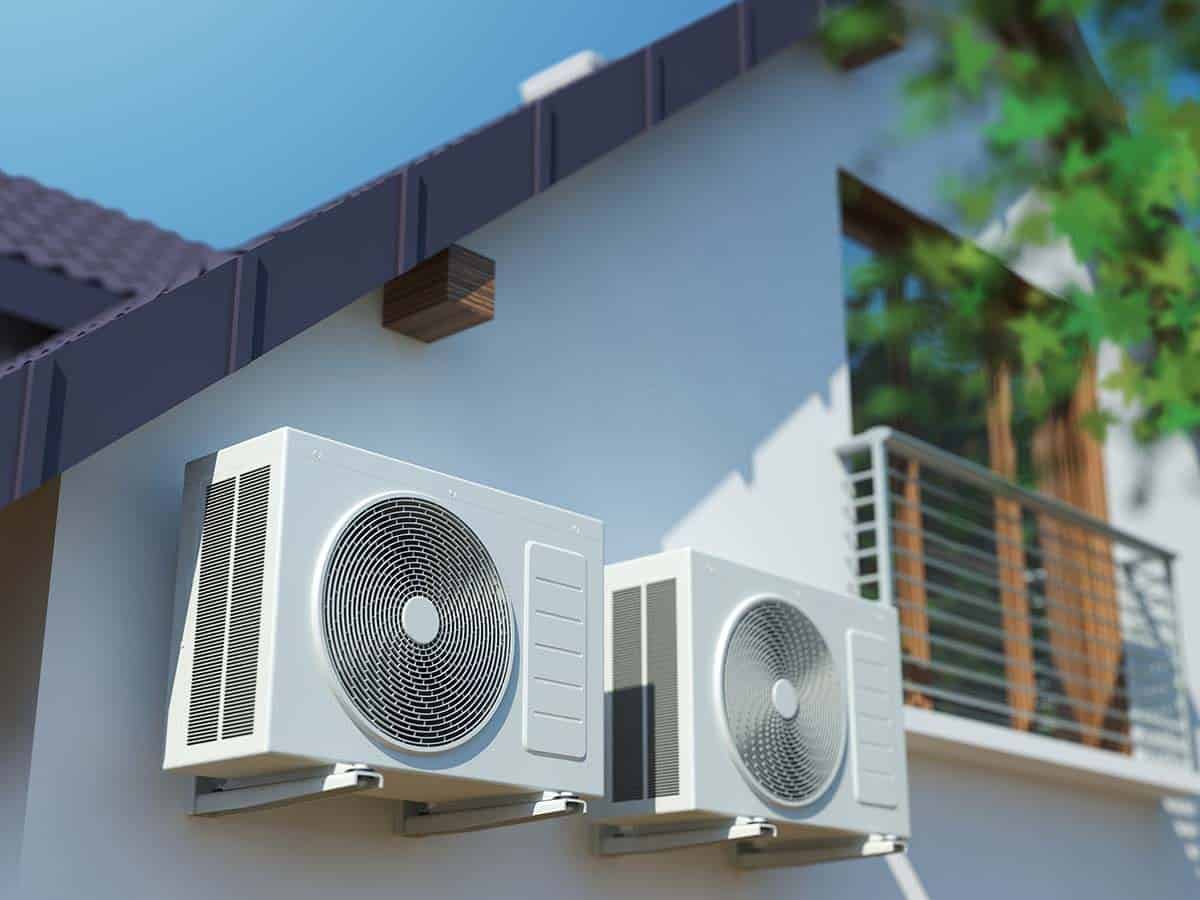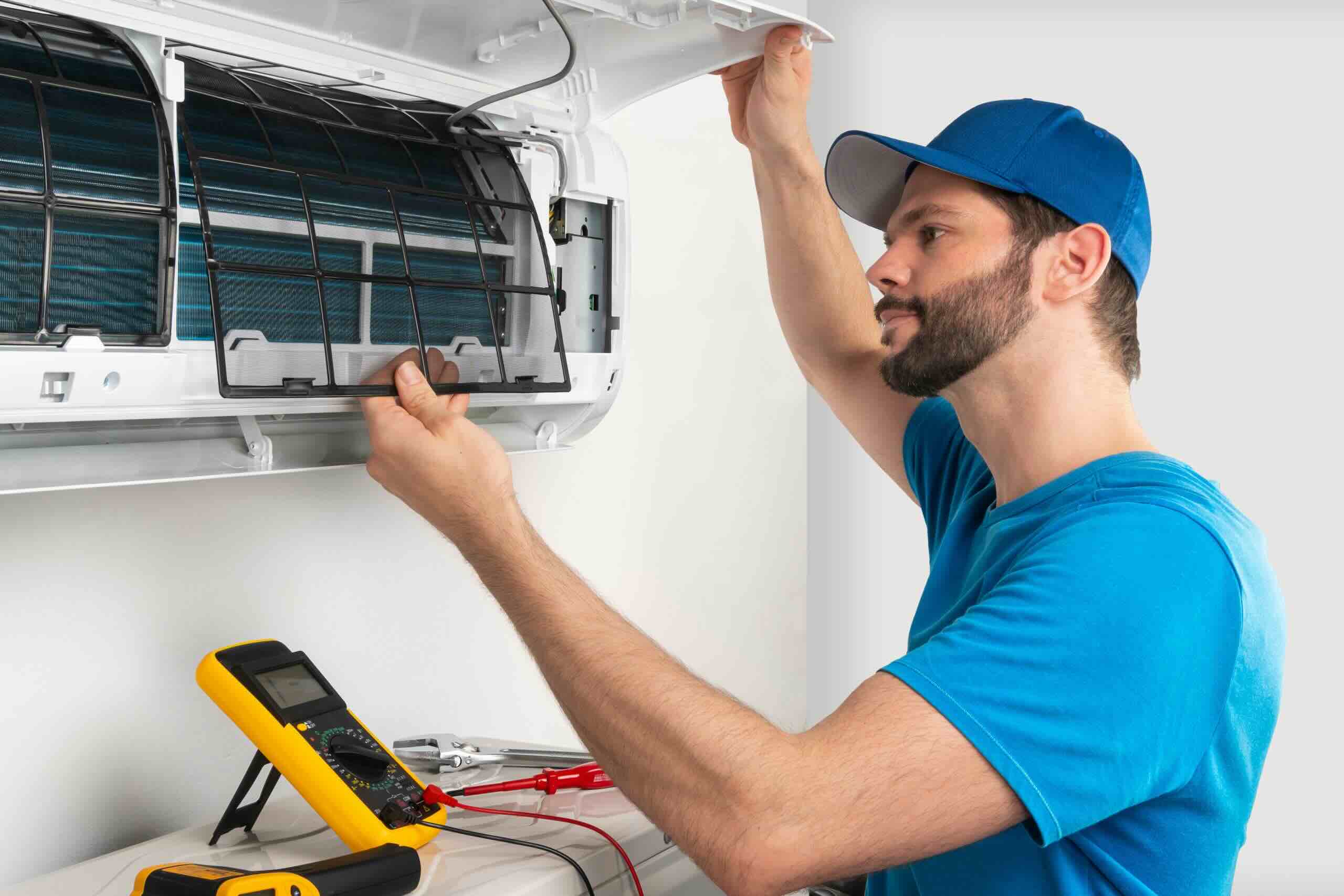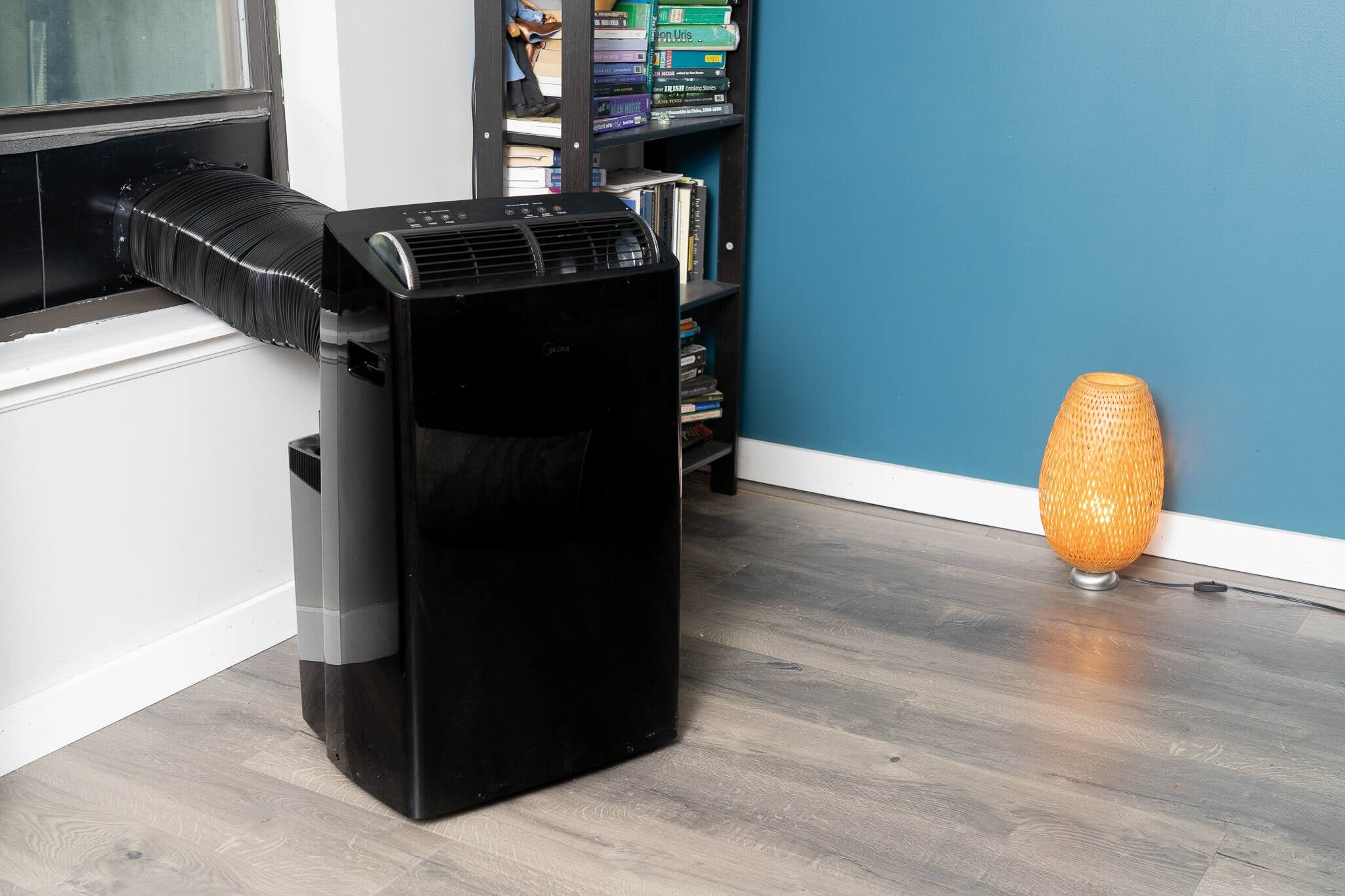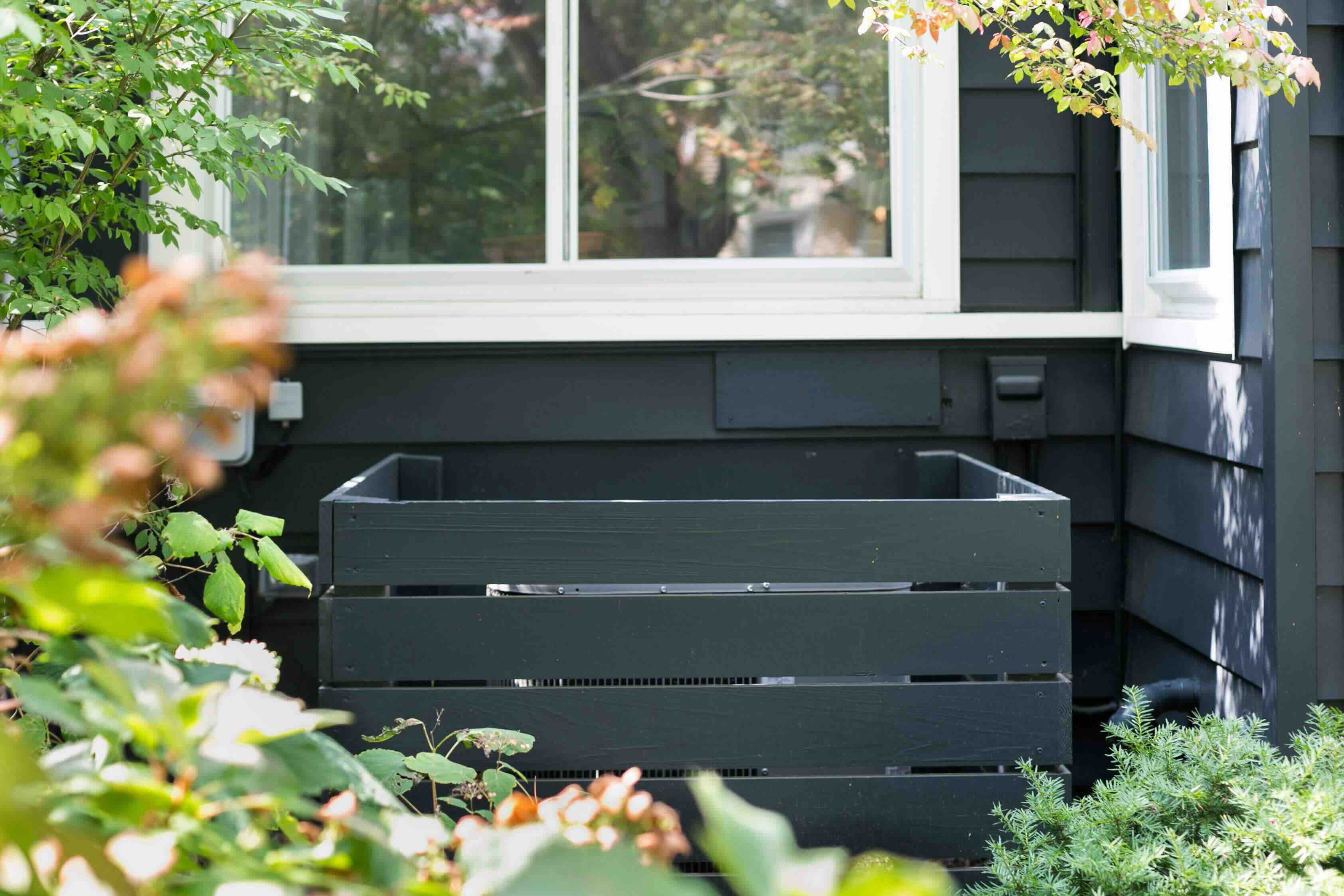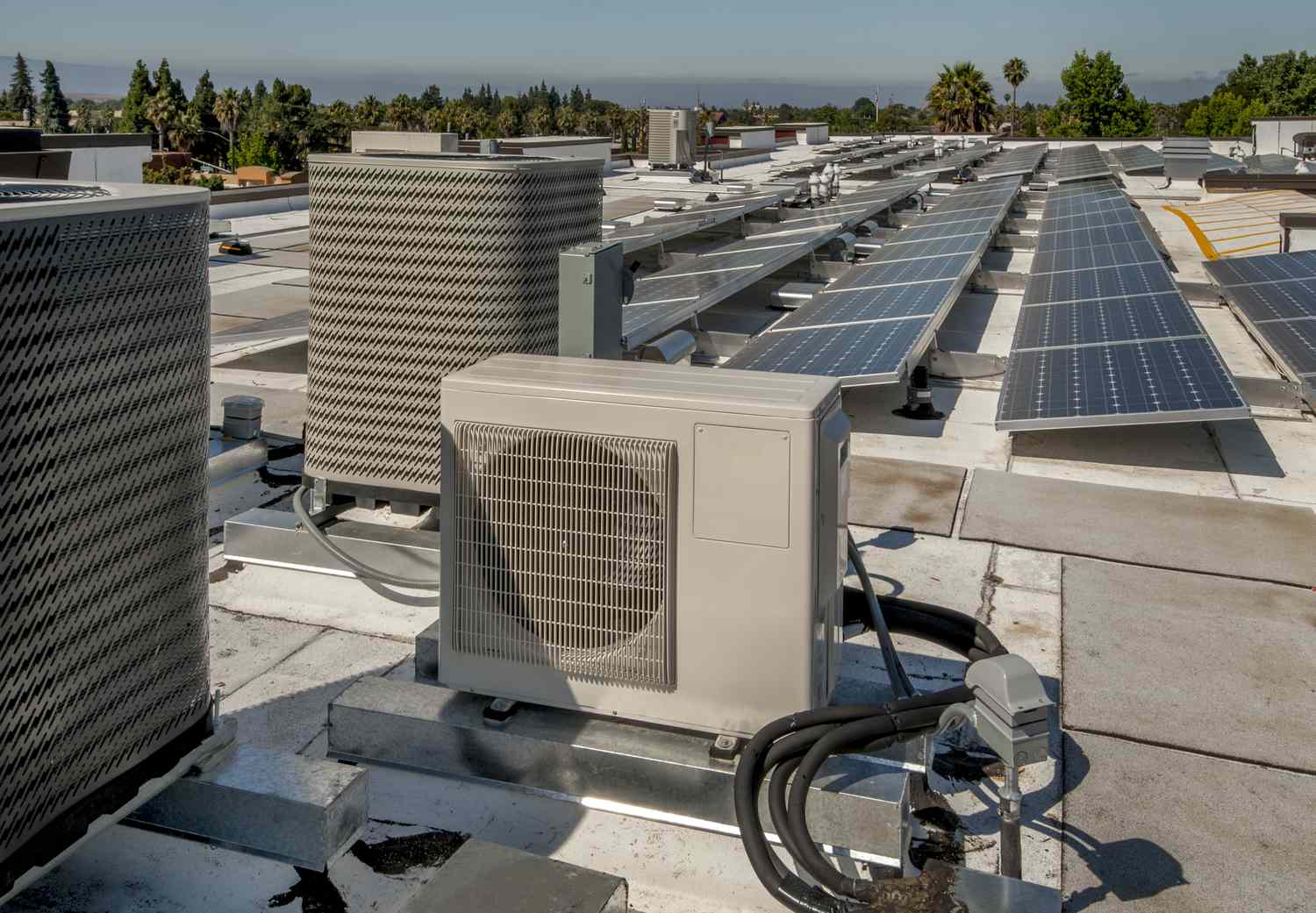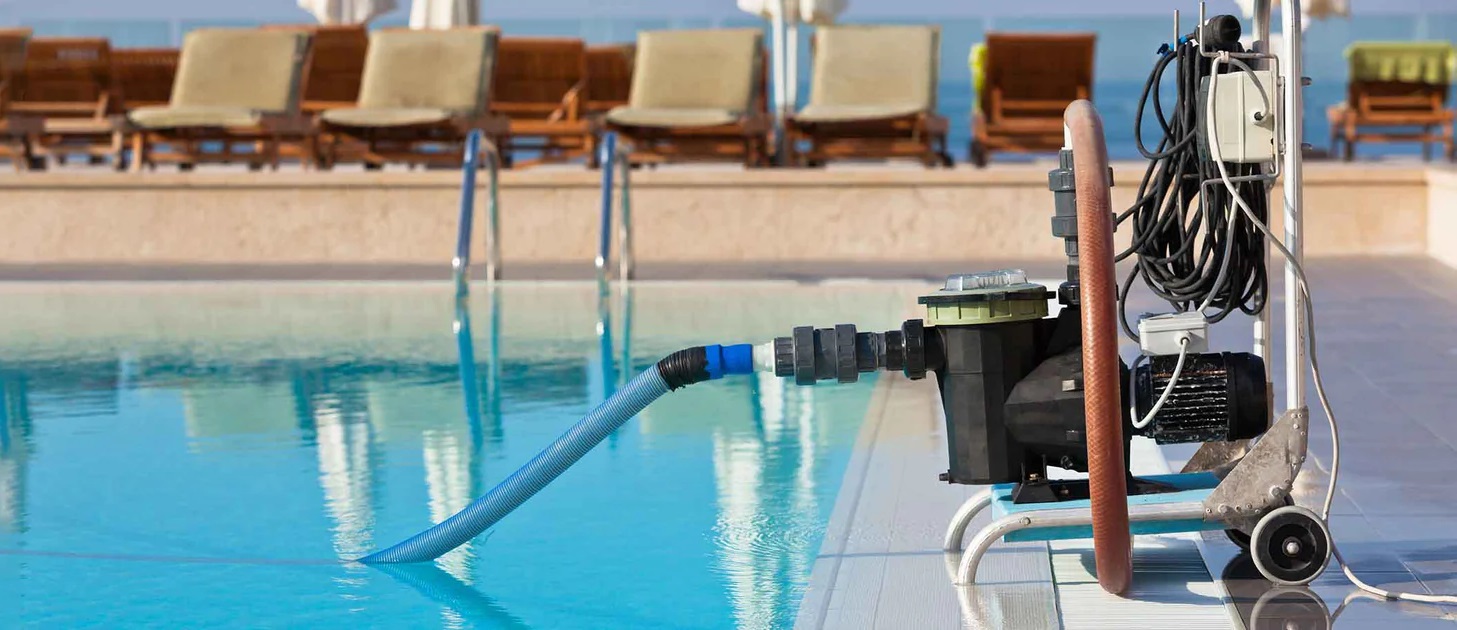Home>Home Maintenance>How Long Should Your Air Conditioner Run
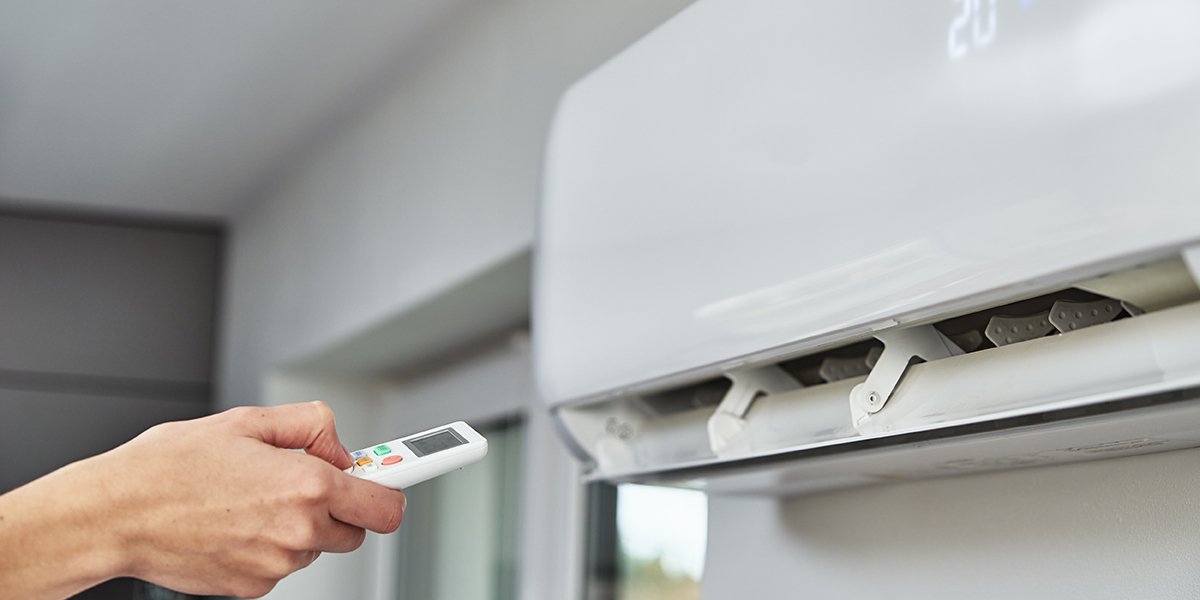

Home Maintenance
How Long Should Your Air Conditioner Run
Modified: March 7, 2024
Find out how long your air conditioner should run for optimal home maintenance. Learn the ideal duration and tips to maximize efficiency.
(Many of the links in this article redirect to a specific reviewed product. Your purchase of these products through affiliate links helps to generate commission for Storables.com, at no extra cost. Learn more)
Introduction
Welcome to the world of home maintenance! One of the crucial aspects of keeping your home comfortable and pleasant is maintaining a properly functioning air conditioner. Whether you’re battling the scorching summer heat or looking to optimize energy efficiency, understanding how long your air conditioner should run is essential. In this article, we will delve into the factors that determine air conditioner runtime, discuss the ideal runtime, highlight signs of over or under air conditioning, and provide valuable tips for optimizing your air conditioner’s performance. Let’s dive in!
Key Takeaways:
- Keep your air conditioner running for around 15-20 minutes per cooling cycle to maintain efficiency and prevent excessive wear and tear. Aim for a comfortable indoor temperature between 72 to 78 degrees Fahrenheit.
- Look out for signs of over or under air conditioning, such as cold or warm spots, constant cycling, high energy bills, or poor air quality. Optimize runtime by setting the temperature wisely, ensuring proper insulation, and using shading and natural ventilation.
Read more: How Long Should You Run Air Purifier
Factors that Determine Air Conditioner Runtime
Several factors contribute to the runtime of your air conditioner. Understanding these factors will help you optimize its performance and efficiency. Here are the key factors that determine how long your air conditioner should run:
- Temperature: The temperature outside has a significant impact on how long your air conditioner needs to run. On hotter days, it will need to work harder and run longer to maintain a comfortable indoor temperature.
- Size of the space: The size of the space being cooled plays a crucial role in determining the runtime. Larger areas require more cooling, which means the air conditioner will need to run for an extended period to achieve the desired temperature.
- Insulation and sealing: The level of insulation and sealing in your home affects the runtime of your air conditioner. Well-insulated and properly sealed homes retain cool air better, allowing the air conditioner to run less frequently.
- Thermostat settings: The temperature settings on your thermostat impact the runtime. Setting the temperature too low will keep the air conditioner running longer, while setting it too high may cause the unit to cycle on and off frequently.
- Efficiency of the system: The efficiency of your air conditioning system also plays a role in determining runtime. A high-efficiency unit will cool your home more quickly and effectively, resulting in shorter runtime compared to an older or less efficient system.
- Outdoor conditions: Humidity levels, the presence of shade, and other outdoor factors can affect the runtime of your air conditioner. Higher humidity levels will increase runtime as the unit needs to remove excess moisture from the air as well.
By considering these factors, you can get a better understanding of how long your air conditioner should run in different situations. It’s important to note that the recommended runtime may vary depending on the specific circumstances and climate in your area.
Ideal Air Conditioner Runtime
The ideal runtime for your air conditioner depends on various factors, including the size of your space, insulation, outdoor conditions, and personal comfort preferences. However, as a general guideline, the ideal runtime for an air conditioner is around 15-20 minutes per cooling cycle.
Why is this the case? Running your air conditioner for shorter cycles can lead to inefficiency and increased wear and tear on the system. On the other hand, excessively long runtime can indicate an oversized air conditioner or an issue with the unit. Ideally, you want your air conditioner to reach the desired temperature and then cycle off, giving it enough time to rest before the next cooling cycle.
For optimal performance, you should aim for an indoor temperature that is comfortable but not excessively cold. Setting your thermostat between 72 to 78 degrees Fahrenheit (22 to 26 degrees Celsius) is typically recommended for most households.
It’s worth noting that the runtime may vary depending on factors such as outdoor temperature, humidity levels, and insulation. During extremely hot days or in high-humidity climates, the air conditioner may need to run slightly longer to maintain the desired indoor temperature and humidity levels.
Additionally, programmable thermostats can be a useful tool to optimize air conditioner runtime. These thermostats allow you to program specific temperature settings based on your schedule, so your air conditioner doesn’t run unnecessarily when you’re away from home.
Keep in mind that the ideal runtime is not a universal number. It’s important to consider your specific circumstances and comfort preferences. If you find that your air conditioner is running significantly longer or shorter than the recommended runtime, it may be worth consulting a professional HVAC technician to assess your system’s performance and make any necessary adjustments.
Now that we understand the ideal runtime for an air conditioner, let’s explore some signs that indicate over or under air conditioning in the next section.
Signs of Over or Under Air Conditioning
Properly balancing the runtime of your air conditioner is crucial for maintaining a comfortable indoor environment and maximizing energy efficiency. Here are some signs that indicate whether your home may be experiencing over or under air conditioning:
Signs of Over Air Conditioning:
- Excessive cold spots: If certain areas of your home feel significantly colder than others, it may be a sign that your air conditioner is running for too long or at too low of a temperature. This can result in uneven cooling and discomfort for occupants.
- Constant cycling on and off: If your air conditioner frequently cycles on and off, it may be a sign that it is oversized for your space. This can lead to unnecessary energy consumption and increased wear and tear on the unit.
- High energy bills: Over air conditioning can cause a spike in your energy bills. If you notice a significant increase in your energy costs without any other explanation, it may be worth evaluating your air conditioner’s runtime.
- Excessive humidity: While air conditioners help to remove humidity from the air, an oversized unit may not run long enough to effectively dehumidify your home. This can result in a damp and uncomfortable indoor environment.
Signs of Under Air Conditioning:
- Persistent warm spots: If certain areas of your home consistently feel warmer than others, it may indicate that your air conditioner is not running long enough or is insufficient for cooling the entire space.
- Poor air quality: Inadequate air conditioning can result in poor air circulation and accumulation of dust, allergens, and pollutants. If you notice a decline in your indoor air quality, it may be a sign of under air conditioning.
- Excessive humidity: In humid climates, under air conditioning may not effectively remove excess moisture from the air. This can lead to a muggy and uncomfortable environment.
- Difficulty maintaining desired temperature: If your air conditioner constantly struggles to reach and maintain the desired temperature, it may be a sign that it is underperforming or undersized for your space.
It’s important to pay attention to these signs and take appropriate measures to optimize your air conditioner’s performance. Regular maintenance, proper insulation, and consulting with a professional HVAC technician can help address these issues and ensure optimal cooling efficiency.
Now that we’ve covered signs of over or under air conditioning, let’s explore some tips for optimizing air conditioner runtime in the next section.
Tips for Optimizing Air Conditioner Runtime
Optimizing the runtime of your air conditioner can help improve its efficiency, reduce energy consumption, and maintain a comfortable indoor environment. Here are some valuable tips to help you optimize your air conditioner’s runtime:
1. Set the temperature wisely:
- Set your thermostat to a moderate temperature that provides comfort without excessive cooling. Aiming for a temperature between 72 to 78 degrees Fahrenheit (22 to 26 degrees Celsius) is usually recommended.
- Consider using programmable thermostats to adjust the temperature based on your schedule, allowing your air conditioner to run less when you’re away from home.
2. Ensure proper insulation and sealing:
- Inspect and improve the insulation around your home, including doors, windows, and walls. Better insulation helps retain cool air, reducing the amount of time your air conditioner needs to run.
- Seal any air leaks or gaps where cool air can escape, such as around windows, doors, and ductwork. This helps maintain a consistent indoor temperature and prevents unnecessary runtime.
3. Utilize shading and natural ventilation:
- Make use of shades, curtains, or blinds to block direct sunlight from entering your home, especially during the hottest parts of the day. This reduces the heat load and reduces the runtime of your air conditioner.
- Promote natural ventilation by using fans or opening windows in the evening and early morning when the outdoor temperature is cooler. This allows fresh air to circulate and can reduce reliance on the air conditioner during mild weather.
4. Regularly maintain and clean your air conditioner:
- Schedule regular maintenance for your air conditioning system to ensure it operates efficiently. This includes cleaning or replacing air filters regularly to maintain proper airflow.
- Clean the outdoor unit and remove any debris or obstructions that may hinder the system’s performance or airflow.
5. Use fans and ceiling fans:
- Supplement your air conditioner with portable fans or ceiling fans to improve air circulation and distribute cool air efficiently throughout the space. This can help you maintain comfort while potentially reducing the runtime of the air conditioner.
6. Consider zoning or smart thermostats:
- Investigate zoning systems that allow you to cool specific areas of your home individually. This can help you avoid cooling unoccupied rooms, reducing the overall runtime of your air conditioner.
- Alternatively, explore the use of smart thermostats, which can learn your preferences, adjust temperatures based on occupancy, and provide you with energy-saving recommendations.
By implementing these tips, you can optimize your air conditioner’s runtime and improve its efficiency. Remember, it’s important to strike a balance between comfort and energy conservation, as excessive runtime can result in higher energy bills and unnecessary wear on the system.
Now let’s conclude our article with a summary of the key points we’ve covered.
Read more: When Should You Replace Your Air Conditioner
Conclusion
Optimizing the runtime of your air conditioner is essential for maintaining a comfortable and energy-efficient home. Understanding the factors that determine air conditioner runtime, aiming for the ideal runtime, identifying signs of over or under air conditioning, and implementing tips to optimize runtime can significantly impact your comfort and energy usage. Here’s a summary of the key points we’ve covered:
– Factors such as temperature, space size, insulation, thermostat settings, system efficiency, and outdoor conditions influence air conditioner runtime.
– The ideal runtime for an air conditioner is typically around 15-20 minutes per cooling cycle, but it can vary depending on various factors.
– Signs of over air conditioning include excessive cold spots, constant cycling on and off, high energy bills, and excessive humidity. Signs of under air conditioning include persistent warm spots, poor air quality, excessive humidity, and difficulty maintaining the desired temperature.
– To optimize runtime, set the temperature wisely, ensure proper insulation and sealing, utilize shading and natural ventilation, regularly maintain and clean the air conditioner, use fans and ceiling fans, and consider zoning or smart thermostats.
By implementing these tips, you can strike a balance between comfort and energy efficiency, ensuring your air conditioner runs optimally and effectively cools your home.
Remember, it’s important to consult with a professional HVAC technician if you experience any significant issues with your air conditioner or if you need assistance in optimizing its performance.
We hope these insights and tips have empowered you to optimize your air conditioner runtime and create a pleasant and efficient indoor environment. Stay cool and enjoy the comfort of your home throughout the seasons!
Frequently Asked Questions about How Long Should Your Air Conditioner Run
Was this page helpful?
At Storables.com, we guarantee accurate and reliable information. Our content, validated by Expert Board Contributors, is crafted following stringent Editorial Policies. We're committed to providing you with well-researched, expert-backed insights for all your informational needs.
